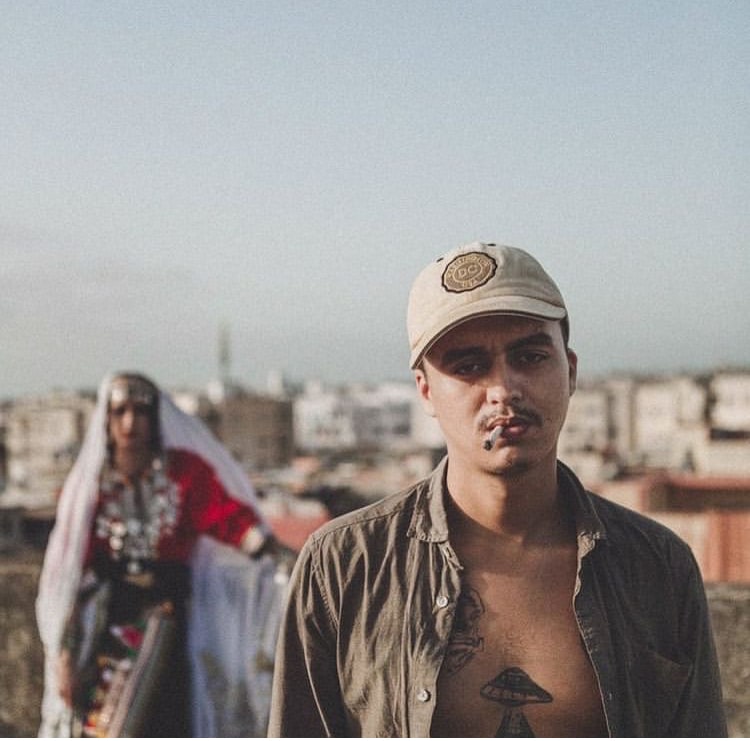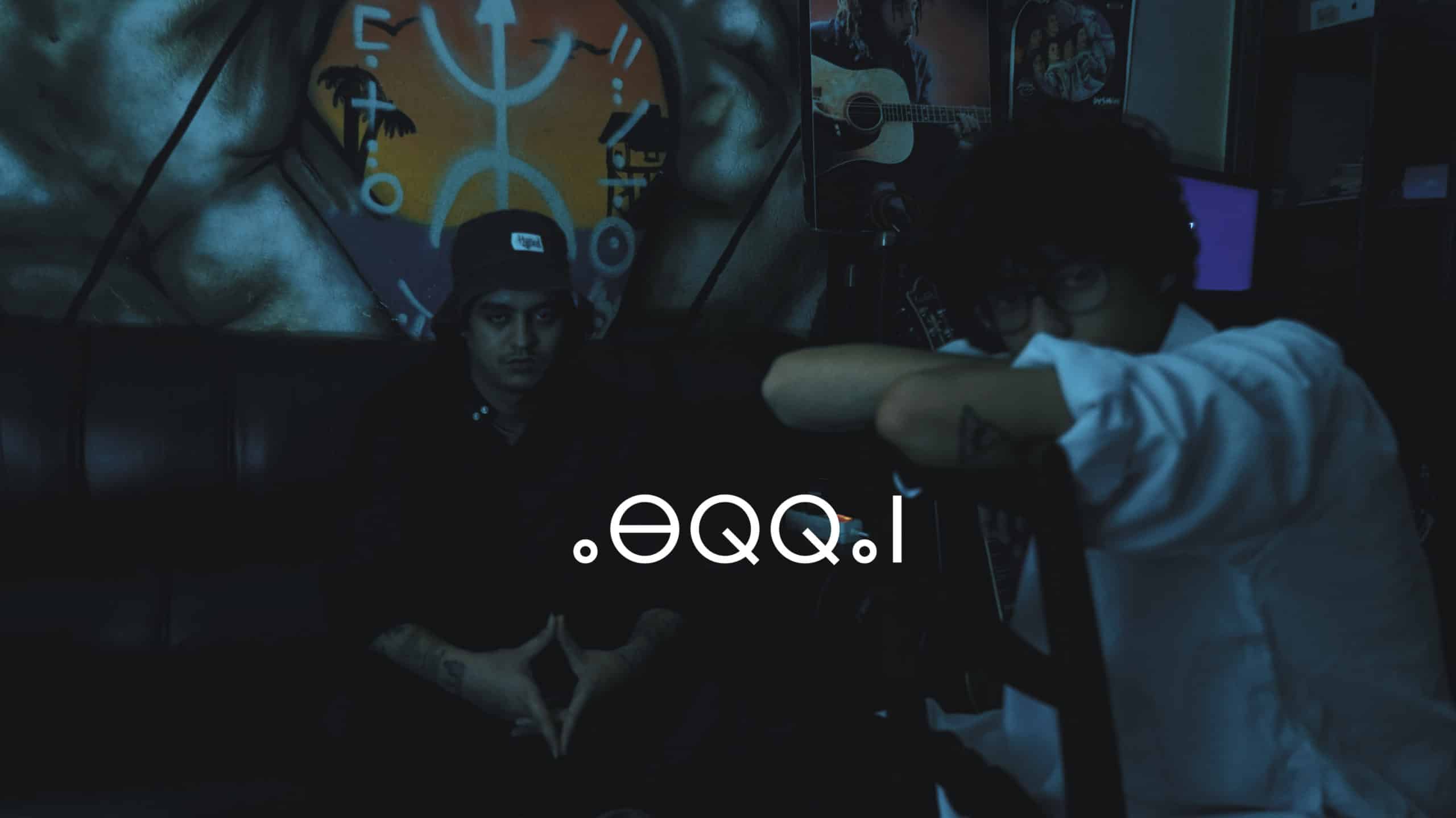The band has recently crossed the 100.000 views milestone on its breakthrough music video Ouggami, a colorful blend of socially conscious rap and Tuareg blues.
[ads1]
The Temara-based art collective has been making a name for itself for slightly less than a year now. After featuring in prestigious skateboarding magazine Thrasher back in march, they have been consistently releasing new material and inviting like-minded artists to collaborate. One music video in particular, Ouggami, has drawn attention to them. Released in August and starring rapper Art Smoke, it has been watched more than 105.000 times on YouTube and luckily for this genre-defying art project, the song is quite representative of their ethos: the visual and sonic depiction of the plurality of their identities.
That means celebrating their Amazigh heritage while embracing their urban present. Abrran does so in Ouggami by seamlessly combining hip hop, desert blues, and spoken word poetry, while the lead vocalists deliver their message in Darija and in Berber. This layering of identity-defining elements is further hammered down by the conspicuous anachronism of the young woman dressed in traditional Amazigh attire, accompanying the band on a typical modern Moroccan satellite-dishes- infested rooftop.
[ads1]
A few months before Ouggami, stars aligned perfectly for Brahim Sguenfle, co-founder of the band alongside his brother Macine, to kick-start their artistic endeavor. Nassim Lachhab, Moroccan pro skater was recording a video exhibiting his skills for no less than one the biggest skateboarding magazines in the world, Thrasher. For the soundtrack of said video, he needed an original song by a Moroccan artist and Brahim Sguenfle was the right man in the right place at the right time. The guitar player took it to the studio, and recorded a mid-tempo Tuareg blues inspired instrumental piece with fuzzy guitars.
The song did end up featuring in that video on the magazine’s official YouTube channel that has over two and half million subscribers. Not the worst visibility a debutant can wish for. Afterwards, the Sguenfle brothers started conceptualizing their project and went for the moniker Abrran, the Berber name of a wild cat from their Tamazirt. Not only does it symbolize their attachment to their origins, but the fierceness and feral nature of the cat also represents the irreverence of some of their lyrics.
[ads1]
Since then, Abrran has released 18 songs on their YouTube channel. They have been drifting through music genres with ease and have been welcoming collaborators from a variety of backgrounds, regardless of their art discipline, provided that they share common creative ground. For instance, their graphic designer who goes under the grim sobriquet of Lmar7oum has been a long time contributor, and his metal music background never stood in the way of his Abrran work. On the contrary, it makes him bring something different to the table, such as what he has nowadays set his sights on: taking inspiration from Amazigh mythology and incorporating elements from it in future Abrran work.

[ads1]
It is also worth mentioning that music is a family affair for Brahim and Macine. Some of their collaborators have been no other than relatives of theirs. Their father wrote the chorus of their hit Ouggami and is the voice of the haunting spoken word verses on the same song. The mother sings on a couple of tunes, their cousin plays the banjo on another song, and their brother directed one of their music videos. Way to bridge the generation gap.
Finally, the collective is also further diversifying its material by having a second YouTube channel “Abrran Acoustique Sessions”, dedicated to more stripped-down song performances. In addition, an EP is also expected and will bring together different musicians and poets. And of course, as every performer at the moment, Abrran are very keen on taking to the stage what they have been working on, as soon as Covid-19 is behind us.

